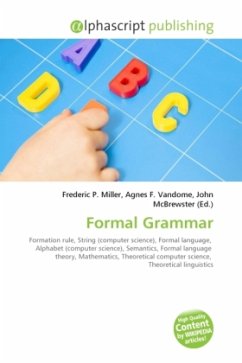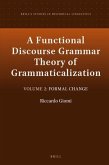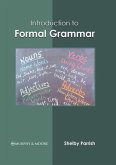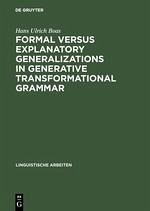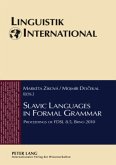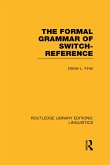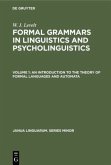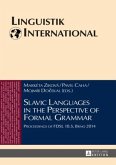A formal grammar (sometimes simply called a grammar) is a set of rules of a specific kind, for forming strings in a formal language. The rules describe how to form strings from the language's alphabet that are valid according to the language's syntax. A grammar does not describe the meaning of the strings or what can be done with them in whatever context only their form. Formal language theory, the discipline which studies formal grammars and languages, is a branch of applied mathematics. Its applications are found in theoretical computer science, theoretical linguistics, formal semantics, mathematical logic, and other areas. A formal grammar is a set of rules for rewriting strings, along with a "start symbol" from which rewriting must start. Therefore, a grammar is usually thought of as a language generator. However, it can also sometimes be used as the basis for a "recognizer" a function in computing that determines whether a given string belongs to the language or is grammatically incorrect. To describe such recognizers, formal language theory uses separate formalisms, known as automata theory.

